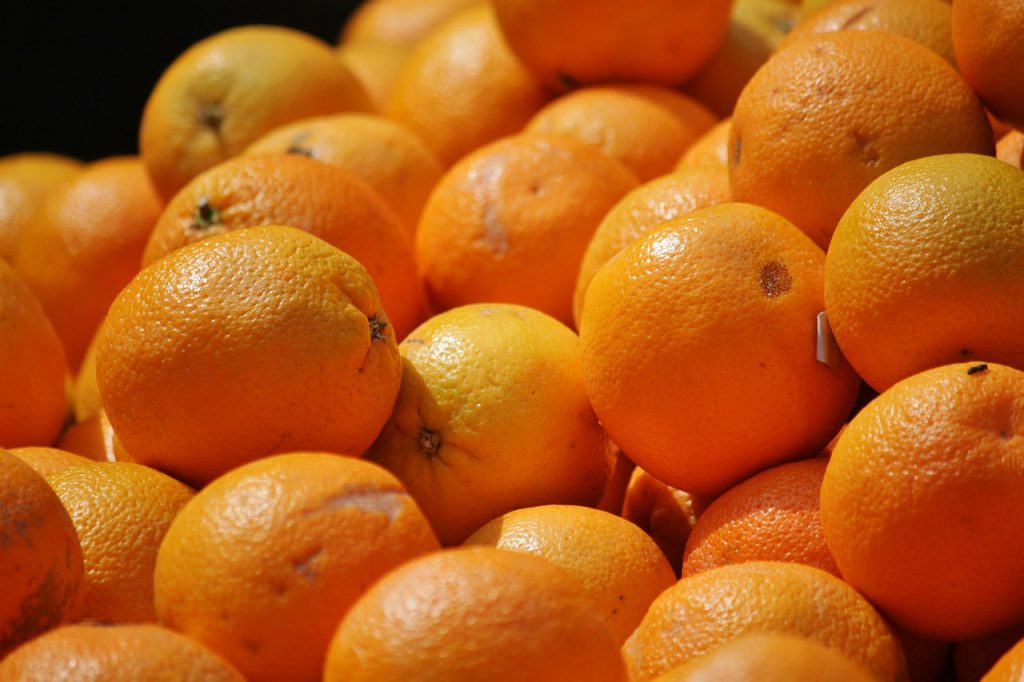The US Department of Agriculture’s (USDA) National Institute of Food and Agriculture (NIFA) has announced a $13.6 million investment in research on citrus greening disease – also known as Huanglongbing (HLB). The bacterial disease is a major threat to US citrus industry.
“The economic impact of citrus greening disease is measured in the billions,” said NIFA Director Sonny Ramaswamy. “NIFA investments in research are critical measures to help the citrus industry survive and thrive, and to encourage growers to replant with confidence.”
In 2005, the first citrus trees infected with HLB were identified in Florida. Since then, the plant pathogen has spread throughout Florida’s citrus-growing areas, causing a 75 percent decline in the state’s $9 billion citrus industry.
The Asian citrus psyllid (ACP) – an insect vector of HLB – has been found in 15 US states and territories, which have since been put under quarantine. Between 2009 and now, the USDA has invested over $400 million in citrus greening research.
In the current funding period, the USDA provided four grants to researchers at Clemson University, Regents of the University of California, Iowa State University and the USDA Agricultural Research Service (ARS). The four research centers are addressing the issue of HLB from a number of different angles.
For example, the Clemson University researchers are using the CRISPR/Cas9 genome editing technology to develop HLB-resistant citrus varieties. The Iowa State University scientists will investigate the role of soil bacteria in controlling HLB.
Past recipients of the USDA grants have developed bactericides to eliminate HLB from infected plants, and encourage future fruit production. Other previous studies have taken a preventive approach by developing citrus rootstocks with HLB immunity, using bacterial-derived virulence proteins.












Join or login to leave a comment
JOIN LOGIN